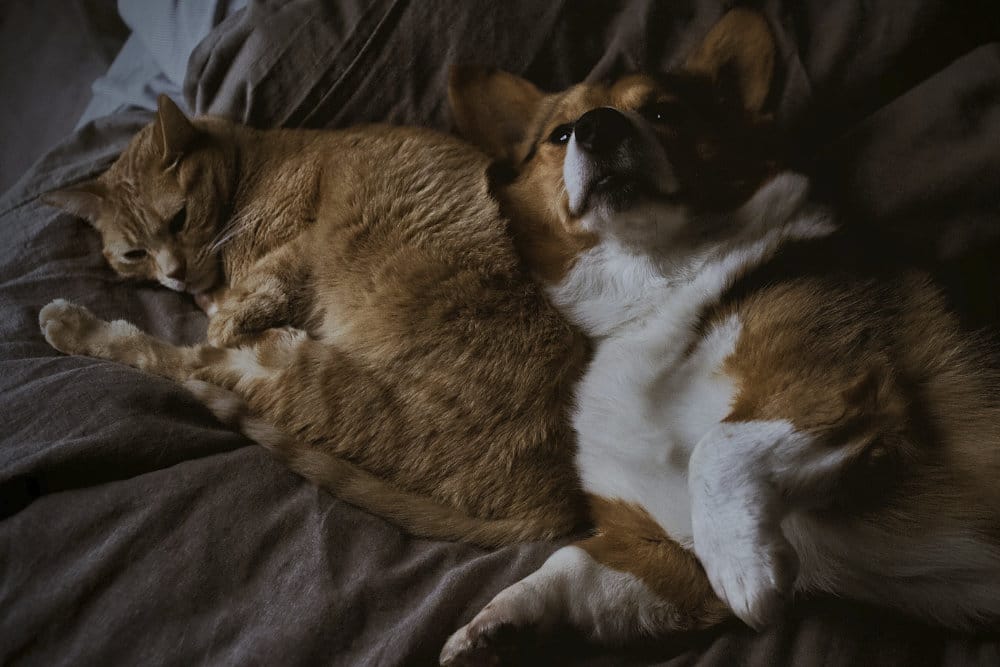Feeding your pup may seem fairly straightforward; buy a large bag of breed and age-appropriate dog food, give it two appropriately sized bowls a day, and you’re set! And of course, keep the water flowing so they’re well hydrated. Isn’t that good enough? Actually, there’s much more to giving your dog a quality diet for optimal health. At East Valley Animal Hospital, we would love to shed some light on just what your dog needs and doesn’t need, in terms of good, quality food.
Basic Nutrients Your Dog Needs
Just like their human counterparts, dogs need to eat a well-balanced diet, and their intake depends on several factors like age, size, and activity level. Here are some staples of your dog’s diet:
- Proteins. These are your dog’s building blocks for life, and they’re essential for growth maintenance. Most dog foods include two types of proteins: they have complete animal-based proteins such as turkey, beef, chicken, lamb, or eggs, and they also add incomplete proteins like vegetables, soy or rice. It’s important that your pet gets a good balance of both these proteins.
- Fats. Essential Fatty Acids are the cornerstone of your dog’s health at a cellular level. They support everything from heart health to a shiny coat. Make sure the fats in your dog’s food are high quality!
- Carbohydrates. Ideal carbohydrates have “moderately-fermentable” fibers, like beet pulp, corn, rice, and wheat. These particular kinds of fiber will help keep a healthy balance in the gut while avoiding the undesirable side-effects of certain fibers.
- Water. Your dog will drink roughly one ounce of water per pound of body weight and therefore, should have an unlimited daily supply of fresh, clean water.
What to Watch Out For When Feeding Your Dog
Once you’ve chosen the right food for your dog, it’s rare that it will be malnourished. Here are a few other factors to consider regarding your dog’s diet:
- Is the Current Feed Working for My Dog? On occasion, the way a particular food is processed or the ingredients it contains can prevent your pup from absorbing or benefiting from the necessary nutrients. One easy way for you to tell if your dog is getting what he needs from his food is to observe whether his coat is lustrous and his energy levels are normal for his breed. If you have any questions, be sure to check with your vet.
- Dehydration. It’s worth mentioning again. Ensure that you have a good routine for filling up and checking your dog’s water supply. If you notice a change in your pooch’s drinking habits, be sure to contact a vet.
- Certain People Foods. There is a list of human foods you should never feed a dog. You may be familiar with some of those items, but it’s a good idea to check this link as a refresher, so you’re not giving harmful foods to your dog.
A Quick Tip for Dog-Food Shopping
When choosing dog food, check on the package for a statement of nutritional adequacy. You’ll find this statement somewhere in the nutritional information, and it will indicate that the brand you’re buying meets the nutrient profiles established by the Association of American Feed Control (AAFCO), or that it has passed trials conducted by the AAFCO.
These are general guidelines for an adult dog. Each age, size, and breed of dog will require unique feeding care. Consult one of our many talented veterinarians at East Valley Animal Hospital today on the optimal diet for your keeping your four-legged friend well-fed and happy.

